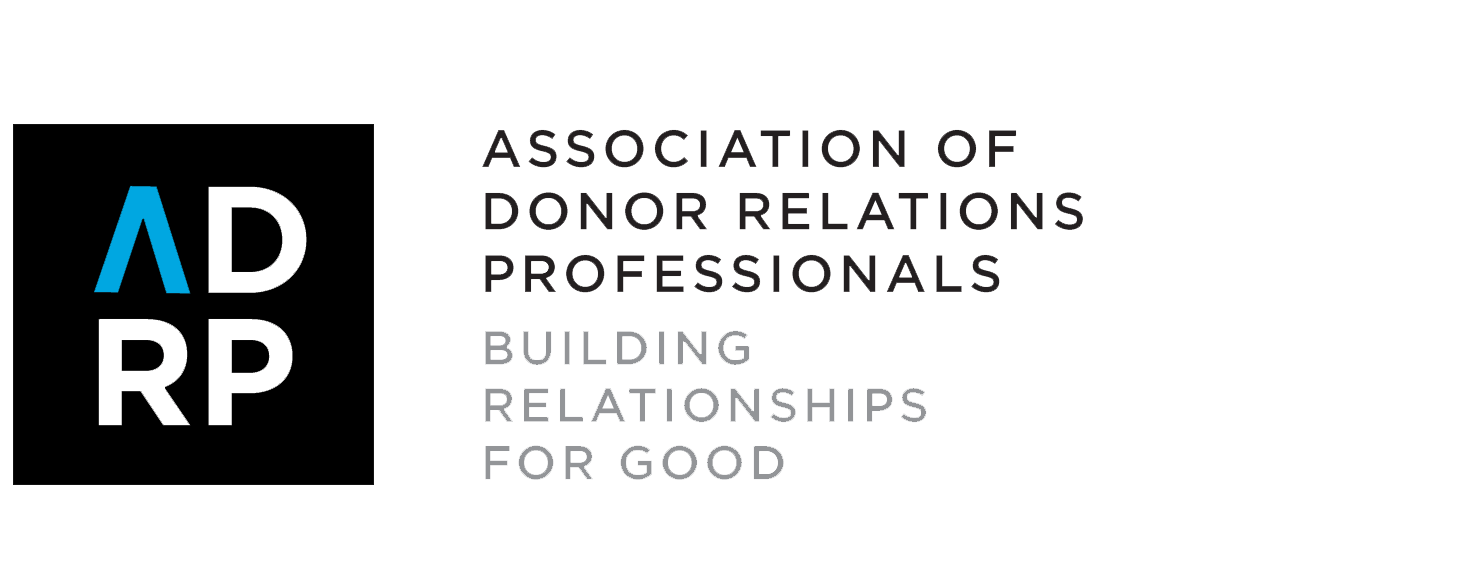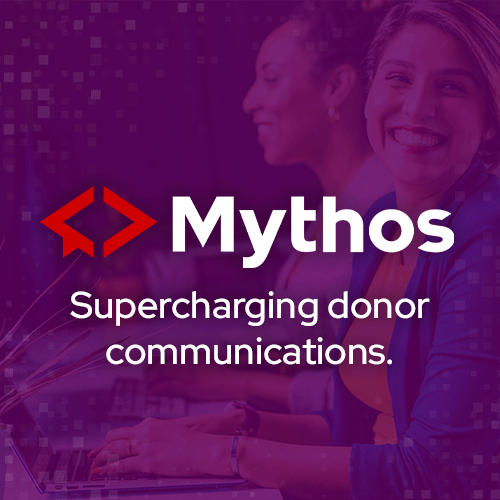Sara Moïse
Tulane University
Senior Director of Donor Relations
One of the most prevalent struggles I hear across education-based donor relations professionals is getting scholarship recipients to submit content for stewardship reports. I also spend a lot of my time thinking about JEDI. (Yes, my husband is a mega Star Wars nerd, but I mean Justice, Equity, Diversity, and Inclusion.) These two topics cross lightsabers in my mind with high frequency… and I think there’s A New Hope for the future.
As we work toward equity and inclusivity, I find myself examining the power dynamic between scholarship donors and recipients, who should express gratitude to donors, and what best serves our donors and students (i.e., our future donors!) in the long term.
At my institution, we don’t require gratitude from scholarship recipients. We strongly encourage it—with repeated, months-long reminders that are laborious and ineffective. Even in-person events often fail to generate content as the Jedis-in-training are focused more on free food and swag.
The goal is not to create a give-to-get droid of a student. That’s transactional *shudder*! I want to imbue a feeling of gratitude. I want to inspire a student to pay it forward as a future donor and inspire a current donor to continue and grow their support.
The Dark Side of stewardship reporting is that when some recipients share a message and others don’t, it establishes a hierarchy. A responsive student appears more grateful, which can easily translate to more deserving, and that’s a slippery slope to better. It's not only a problematic way to introduce the recipients to a donor but also results in an inconsistent presentation of impact throughout the stewardship report.
I've been thinking about diverse cultural expectations of gratitude, too. We assume that our donors and students express and receive gratitude in one way: the thank-you note. But that may not resonate all. I learned, from a 2019 article from UC Berkeley’s Greater Good Magazine, that thank-you notes may engender feelings of guilt and sadness for Indian writers, due to a sense of indebtedness. An Asian-American student “even reported that her parents were insulted by her gratitude letter—as if it implied that she didn’t expect them to be so generous.”
But is the purpose of a stewardship report even to show a student’s gratitude? I’d argue no, the purpose is to showcase the institution’s gratitude for the positive impact the donor’s funds make.
I propose the following solution: Craft scholarship-impact narratives just like non-scholarship ones. Talk to admissions, recruiting, and faculty and staff who interface directly with recipients. Write about what a specific scholarship fund means and what this year’s recipients bring to the institution or can accomplish because of these funds. Then, present all recipients equitably: report the same set of consistent (FERPA-allowable) data for each recipient.
Let me be clear: I will always ask students to share some expression of gratitude. But I want to stop hounding them, and I want that content to shine! I aim to highlight it rather than rely on it.
Now to find the Force-user who can waive a hand in front of leadership and convince them, “These aren’t the impact stories you’re looking for…”


I want to echo Sara’s central question here: “But is the purpose of a stewardship report even to show a student’s gratitude? I’d argue no, the purpose is to showcase the institution’s gratitude for the positive impact the donor’s funds make.” And of course, this can include stories from specific students–but it need not be from every student. A representative story or collection of stories is already a proven and fantastic way to share impact with donors on all sorts of programs. Why not scholarships as well? I am hopeful the resistance many shops face in altering this dynamic will ease over time, as we begin to change the landscape of donors’ expectations. In my time as a DR manager this was a keen focus for us as well. Many thanks to Sara and others for moving this paradigm shift forward!
Thank you for this! We have started in this direction and are slowly creating more education behind donor-funded scholarships to students. I would love to stop "hounding" students completely about scholarships since our scholarships are matched to them through the financial aid office vs. them applying for them. We are getting there.